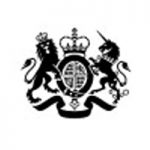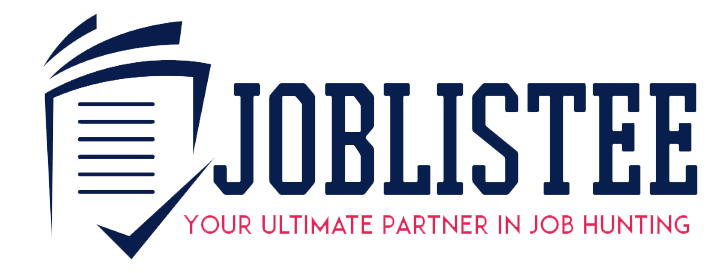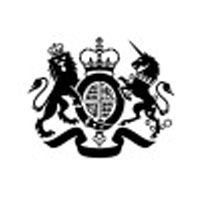
Position Summary:
The Senior Test Engineer reports to the Software Engineering Manager and plays a leading role in ensuring that products are of quality and fit for the business needs. Without the input of the Senior Engineering Manager, software can be released with poor quality and potential bugs that can impact HMCTS’s reputation, have significant cost implications (in the range of millions) on the business and HMCTS and most importantly people using the service/product.
Key Responsibilities:
- Constantly seek to learn and further develop your skills as required for your role. Share knowledge with others. Coach and mentor more junior colleagues. Participate in recruitment and procurement activities as required.
- Analyse test results, critically evaluate and communicate findings to the relevant stakeholders. Lead on troublshsooting and identifying opportunities to enhance existing functionality of the software that will improve HMCTS’s service delivery.
- Manage full traceability of defects, tests and requirements. Report issues found through the appropriate channels. Contribute to, and as required lead the design of the organisation’s process and selection of tools relating to defect management.
- Influence stakeholders at all levels including senior management within Digital Delivery to employ suitable practices, such as test-driven development and shift-left testing. Champion test practices, provide advice and guidance to formal and informal networks across HMCTS on the different types of tests, testing tools and testing environments available.
Required Education & Experience:
- Experience in managing defects of a live system, alerting the business to them, and you can help prioritise them (for example based on defect severity).
- ISTQB® certification at an Advanced level, or equivalent qualification / knowledge; Wealth of knowledge of testing techniques and frameworks, and broader knowledge of topics relevant to testing across the Software Development Life Cycle (SDLC).
- Ability to lead, coach and train others on Non-functional requirements (NFRs) and Functional requirements (FRs) testing; as well as to identify opportunities to improve existing process.
- Ability to make decisions and play a leadership role in selecting the type of tools, techniques and environments used for testing. Using negotiation and influencing skills to assist the business to differentiate between defects and features.
- Practitioner-level working knowledge of different test tools (bug tracking/defect management, IDEs, test libraries, packet analysers, load testing and API inspection), ideally in our technology stack.
- Practitioner-level expertise in evaluating test results based on, for example, creative thinking and asking the right questions..

